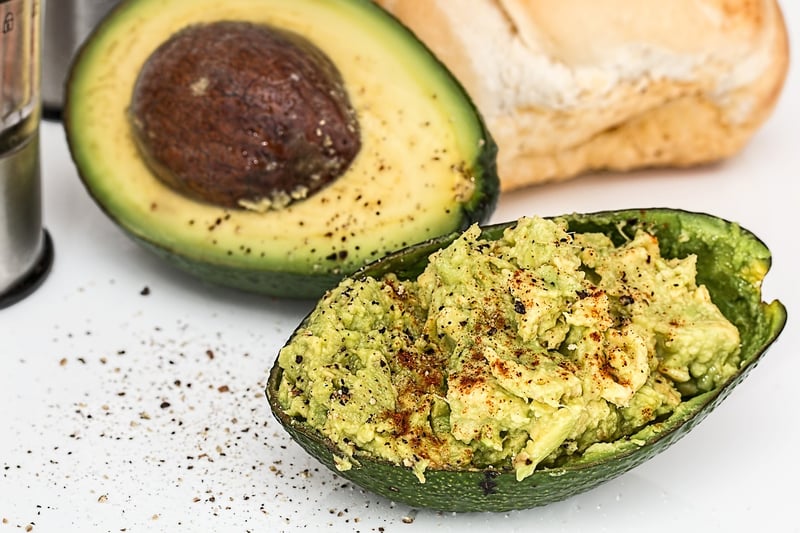Balanced diet
Discover Nutritious Food Choices for a Balanced Diet
Eating a balanced diet is essential for maintaining good health and overall well-being. By incorporating a variety of nutritious foods into your daily meals, you can ensure that your body receives the necessary nutrients to function optimally. Here are some key food choices to help you achieve a balanced diet:
Fruits and Vegetables
Rich in vitamins, minerals, and antioxidants, fruits and vegetables should form the foundation of your diet. Aim to include a variety of colors to ensure you are getting a broad spectrum of nutrients. Berries, leafy greens, citrus fruits, and cruciferous vegetables are excellent choices.

Whole Grains
Opt for whole grains such as quinoa, brown rice, oats, and whole-wheat bread over refined grains. Whole grains are rich in fiber, which aids digestion and helps you feel full longer. They also provide essential nutrients like B vitamins and iron.

Lean Protein
Include sources of lean protein in your diet, such as poultry, fish, tofu, beans, and legumes. Protein is essential for building and repairing tissues in the body. Fish rich in omega-3 fatty acids, like salmon and mackerel, are especially beneficial for heart health.

Dairy or Dairy Alternatives
Dairy products like milk, yogurt, and cheese are excellent sources of calcium and vitamin D. If you are lactose intolerant or prefer plant-based options, choose fortified alternatives like almond milk, soy yogurt, or cashew cheese.

Healthy Fats
Incorporate sources of healthy fats into your diet, such as avocados, nuts, seeds, and olive oil. These fats are essential for brain function, hormone production, and overall cell health. Limit saturated and trans fats found in fried foods and processed snacks.

Hydration
Don't forget the importance of staying hydrated. Water is crucial for many bodily functions, including digestion, circulation, and temperature regulation. Aim to drink at least 8-10 glasses of water per day, more if you are active or in hot weather.

By making thoughtful food choices and incorporating a variety of nutrient-dense foods into your meals, you can achieve a balanced diet that supports your overall health and well-being.
Remember, moderation and portion control are key components of a balanced diet. Consult with a healthcare provider or a nutritionist to create a personalized meal plan that meets your specific dietary needs and health goals.
